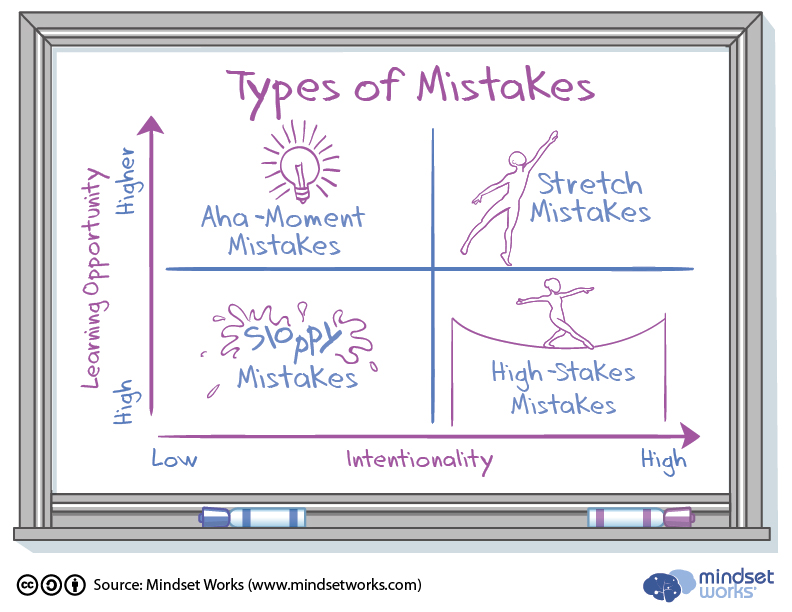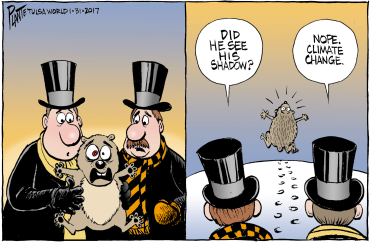Teaching Lord of the Flies in a Completely Different Way
In this Education Week article, brothers Chip Heath (Stanford Graduate School of Business) and Dan Heath (Duke University CASE Center) say that “peak moments” in life that we remember forever – a wedding day, a successful public presentation, an award for exceptional accomplishment – share certain characteristics with peak moments in school – a swim meet, prom, senior musical performance, science fair, football game, debate tournament, choir concert. What are the common factors? “They’re all social,” say the Heaths, “often performed in front of an audience, and involve an element of competition or pressure. There’s a sense of pomp and circumstance about them – notice how often we actually wear distinctive clothes to them.” And with the school moments, almost none of them take place in classrooms, even though that’s where students spend virtually all of their time in school.
How can schools create more peak moments in classrooms? Here’s an example. In 1989, social studies teacher Greg Jouriles and English teacher Susan Bedford decided to teach Lord of the Flies a little differently at their California high school. One day during a routine discussion of the novel, a visitor strode into the classroom and distributed an official-looking document announcing that the book’s author, William Golding, had been charged with “libeling human nature.” Students were told that they would put Golding on the stand in a “Trial of Human Nature,” taking on the roles of lawyers, witnesses, and the judge. The trial would address fundamental questions of literature and history, including: Are people good or evil? Is civilization just a thin veneer over violent instincts?
For several months, students prepared for the trial, and when the day came, they dressed up in suits and costumes (Stalin, Gandhi, Atticus Finch, Harry Potter) and took a bus to an actual courtroom where a jury of administrators and alumni sat to render a verdict. The trial idea was so successful that it’s still being implemented in this high school every year, three decades later (in some years Golding is found guilty, in other years not guilty). “The day of the trial is a powerful peak moment,” say the Heaths: “a culmination of preparation and practice, delivered in front of an audience, with real stakes and immediate feedback. Every year, the student speaker at graduation mentions the trial. The prom? It’s mentioned sometimes.”
Could this kind of exhibition or performance task replace traditional final exams? That sounds crazy, but consider, say the Heaths, which “more closely resembles work in the real world: the intense collaboration of an exhibition requiring students to frame and deliver a project under deadline pressure so that an audience can view and critique it? Or an exam with 10 multiple-choice and three short-answer questions?” Worse still, consider the finding of a study at an elite private school showing that when students were asked to retake their June final exams three months later, their average grades fell from B+ to F. All the exam preparation these students had done simply evaporated over the summer. And consider an American Institutes of Research study showing that students who engaged in deeper learning reaped a number of benefits, including better collaboration skills, motivation, self-efficacy, and on-time graduation rates. This was true of all student subgroups.
“So how can we feel satisfied,” conclude the Heaths, “delivering the usual academic experience – one that students, on the whole, can barely remember?”
“Student Motivation” by Chip Heath and Dan Heath in Education Week 10 Big Ideas, January 10, 2018 (Vol. 37, #16, p. 4-5), https://www.edweek.org/ew/articles/2018/01/10/the-secret-to-student-engagement.html |










